
Hungarian schools must now display information about the NMHH’s Internet Hotline, helping students and families report harmful online content. The initiative aims to expand awareness of the service through posters and digital resources in institutions.
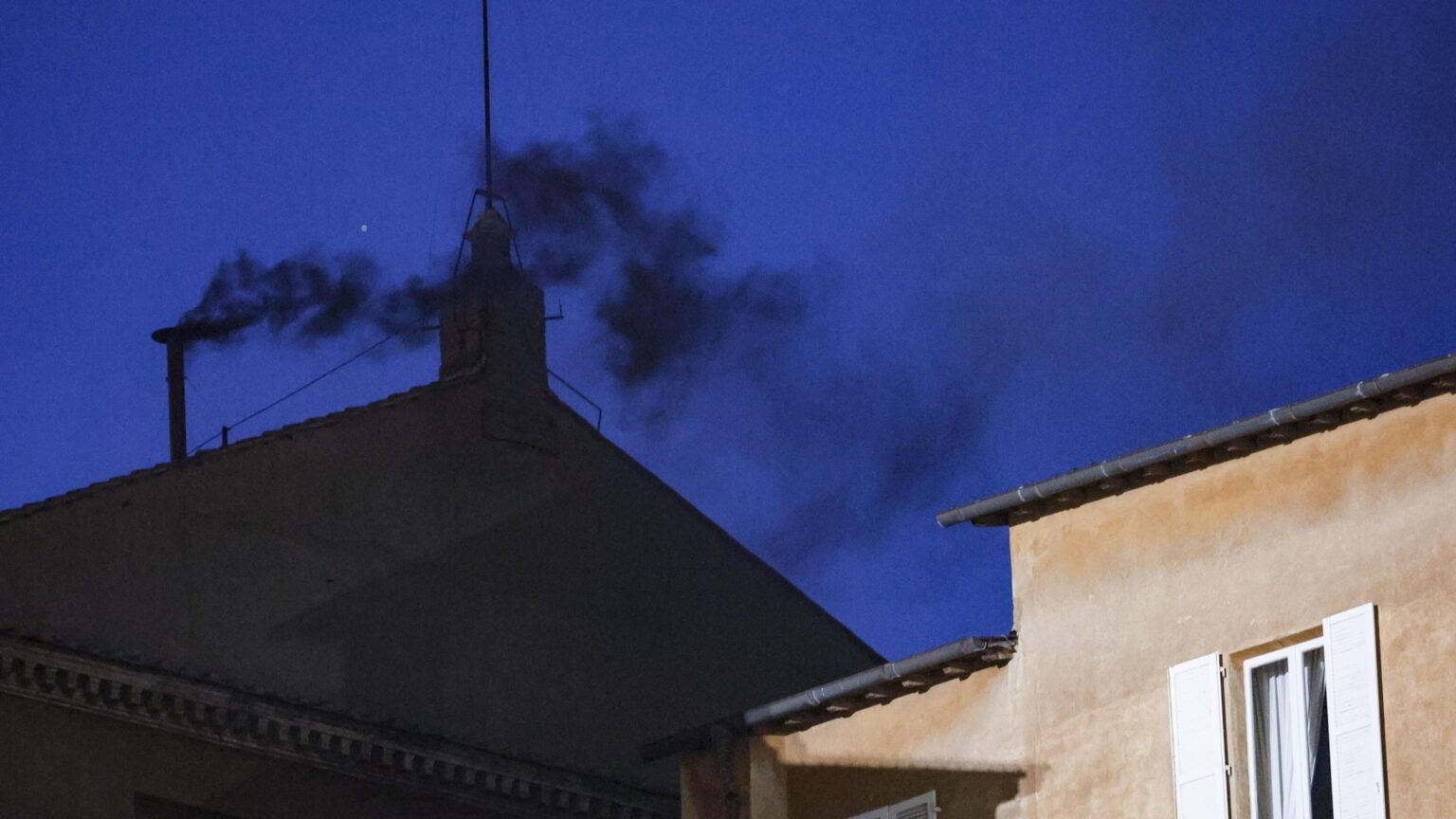
Black smoke billowed from the Sistine Chapel chimney on Wednesday night, signalling that the first round of voting in the papal conclave failed to elect a new leader for the Catholic Church. Thousands gathered in St Peter’s Square to witness the outcome.

India launched airstrikes into Pakistani territory on Wednesday night, marking a dramatic escalation in tensions between the nuclear-armed rivals. Named ‘Operation Sindoor’, the strike is the most significant cross-border attack since the two nations last went to war—raising fears of a wider conflict in the region.
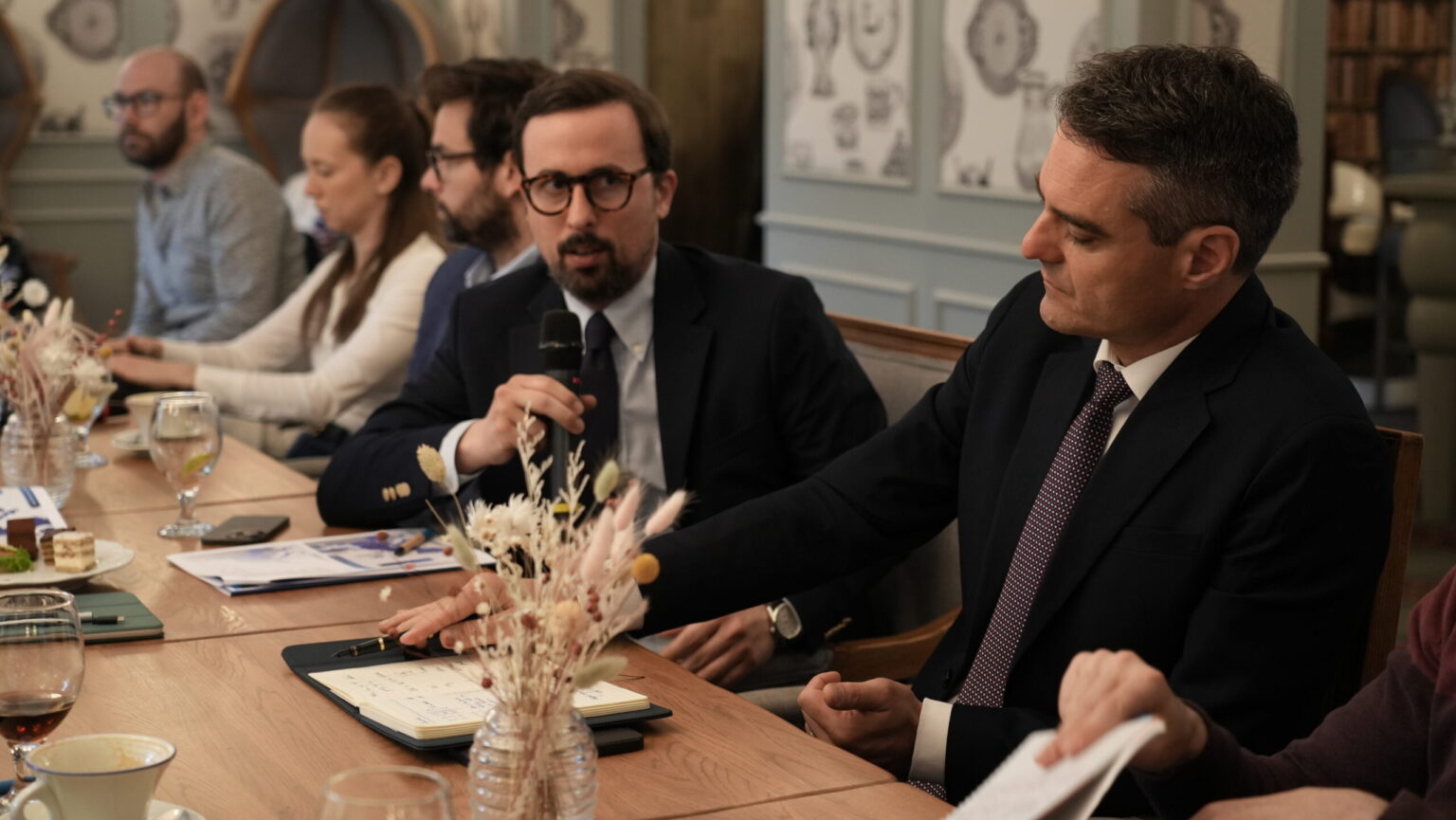
Oeconomus Economic Research Foundation has presented its annual Oeco-Index, an objective and comprehensive indicator of economic development. According to the index, Hungary ranks 18th in the European Union and 35th globally, outperforming countries such as China, Russia, and Italy.

From 22–24 May, the 9th Night of Artefacts Festival will offer over 100 programmes at 70 locations in Budapest, giving visitors rare access to restoration labs, artist studios, and science-themed exhibitions blending art with innovation.

The Budapest-based think tank Center for Fundamental Rights has listed the five greatest accomplishments of the first 100 days of Presdent Trump’s second term, such as the closing of the border, or dismantling USAID—read more to find out the rest of the list!
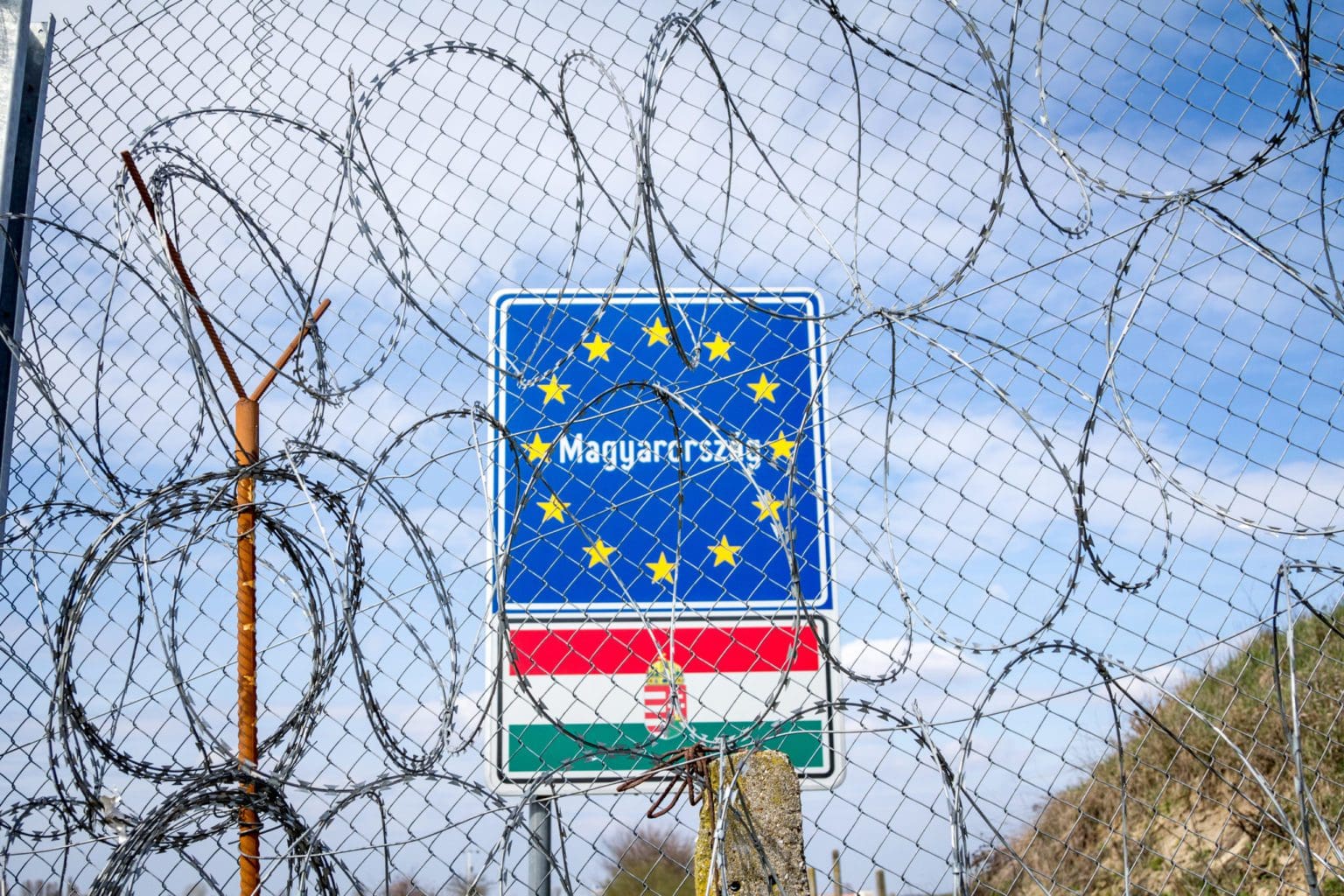
Illegal migration to Europe is set to rise further, Hungary’s top security advisor György Bakondi warned, pointing to the return of smuggling gangs at the southern border and highlighting weaknesses in EU border control measures.
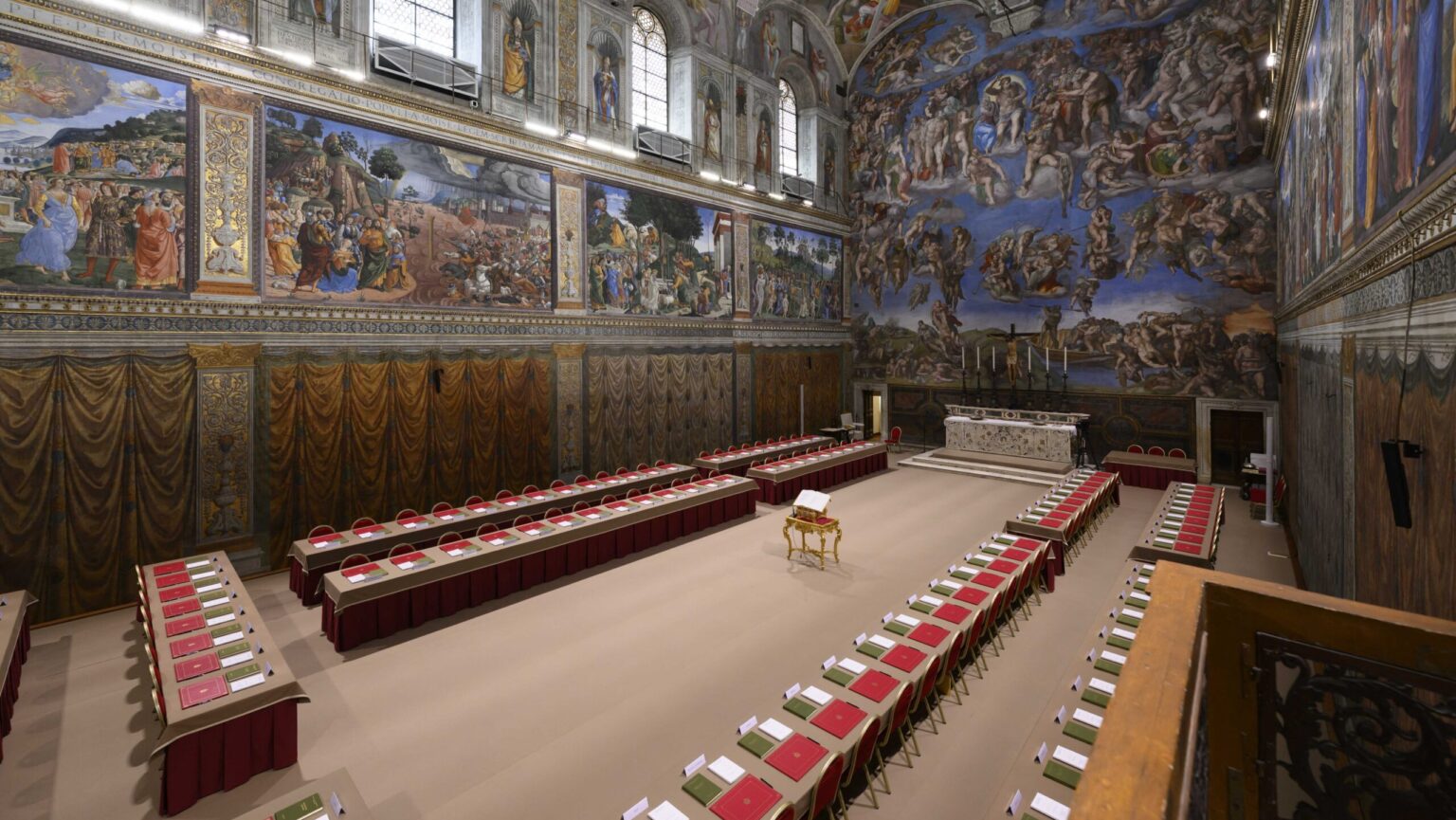
‘Perhaps we will feel the Holy Spirit working in the Sistine Chapel,’ Cardinal Péter Erdő said in a video message posted on Facebook. The Archbishop of Esztergom and Budapest addressed believers as the College of Cardinals gathered in the Sistine Chapel to elect the new pope.
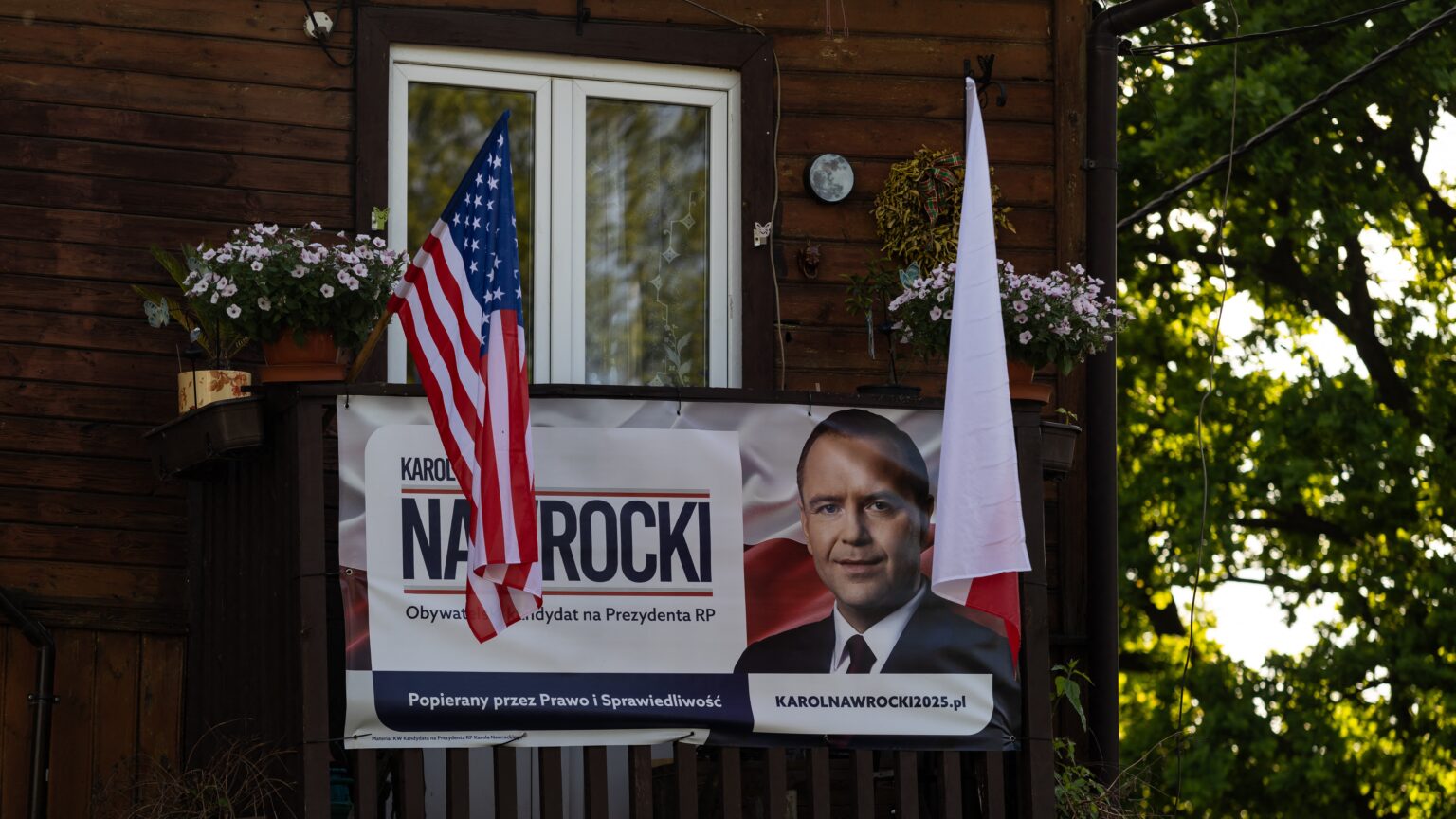
In a reversal of last year’s U.S. campaign outreach to Polish Americans, Polish presidential hopeful Karol Nawrocki is now courting Washington. His meeting with President Trump signals a rare, quasi-endorsement of a foreign candidate—one that’s ignited controversy back home amid claims of lawfare and foreign interference.

Hungary is safeguarding families and businesses from surging energy prices caused by the EU–Russia disconnect by expanding renewable energy capacity and supporting industrial investment, Foreign Minister Péter Szijjártó said at a Nestlé solar plant opening.

‘Talentum Hungaricum is not merely a talent programme, but a cultural mission: its goal is to present and preserve Hungarian musical and dance traditions, while also making them attractive to younger generations and international audiences in a modern form.’
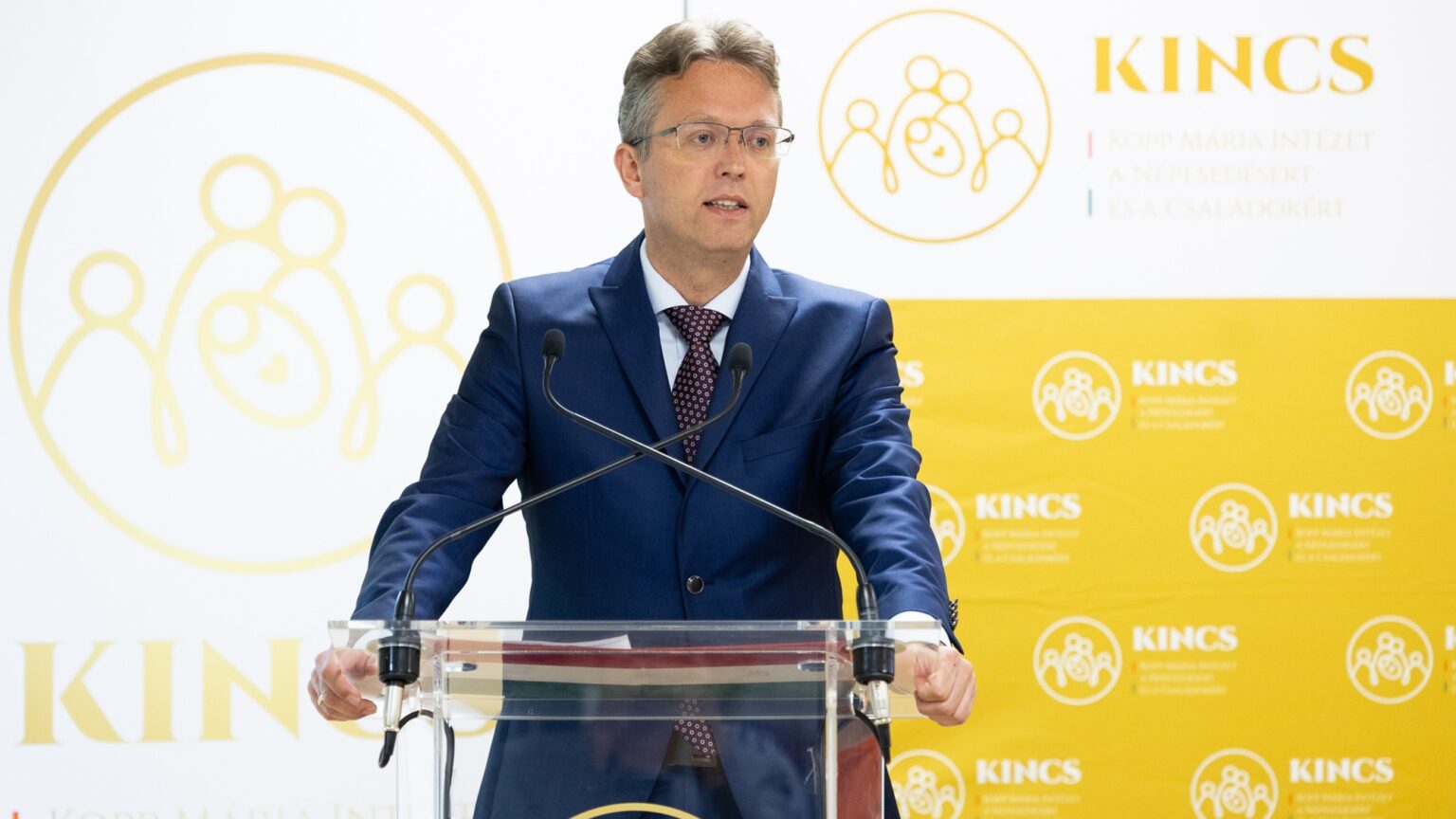
At a press conference with State Secretary for Families Zsófia Koncz and Mária Kopp Institute for Demography and Families (KINCS) President Tünde Fűrész, Minister of Culture and Innovation Balázs Hankó of Hungary stated that, unlike Brussels, the Hungarian government is spending its resources on peace, family, and children, not war.
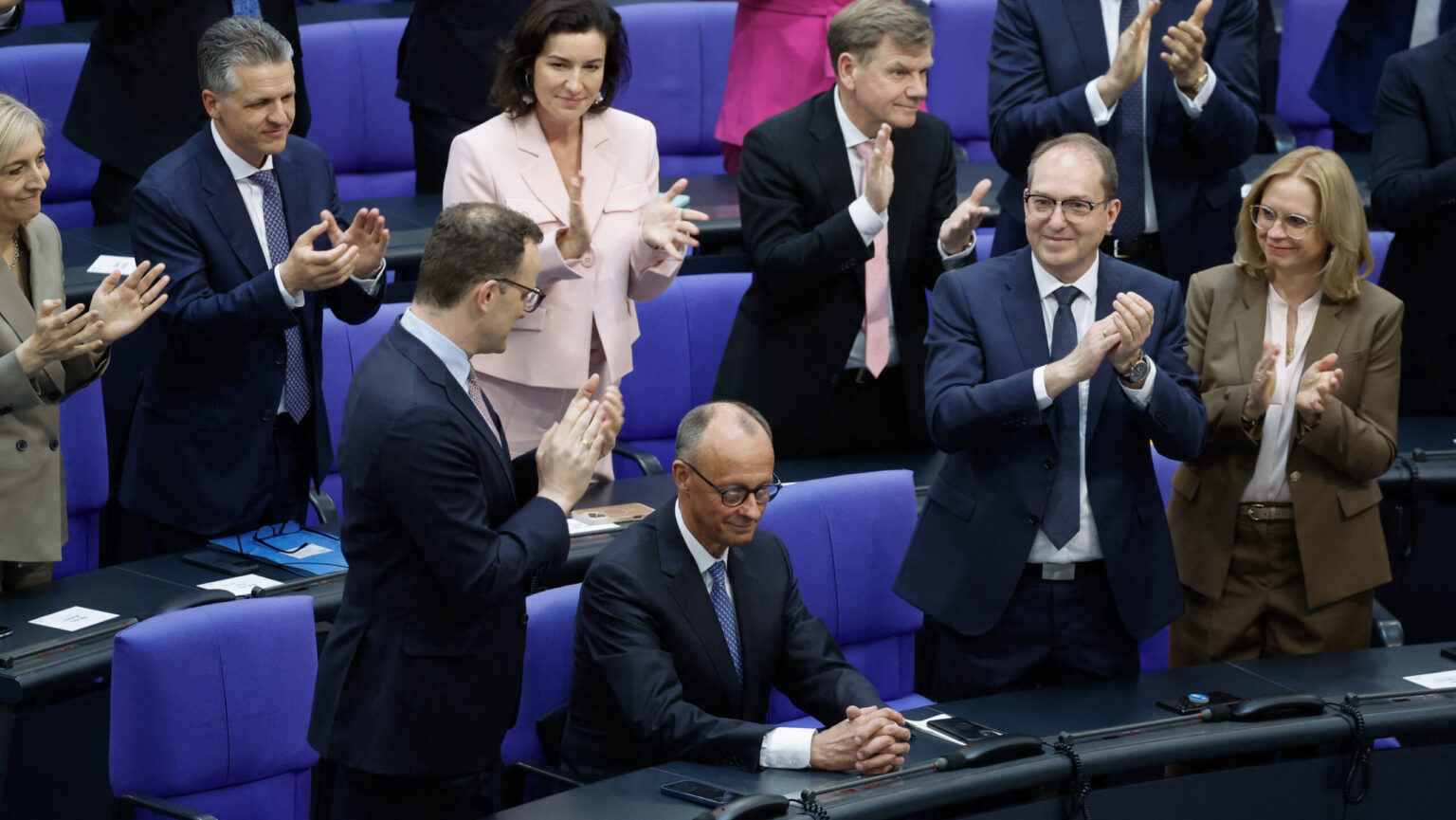
The Bundestag has elected CDU leader Friedrich Merz as Chancellor of Germany in a second round of voting, following a historic failure to secure an absolute majority in the first round. Falling just six votes short, Merz became the first chancellor-designate in the country’s post-war history to require a second vote.
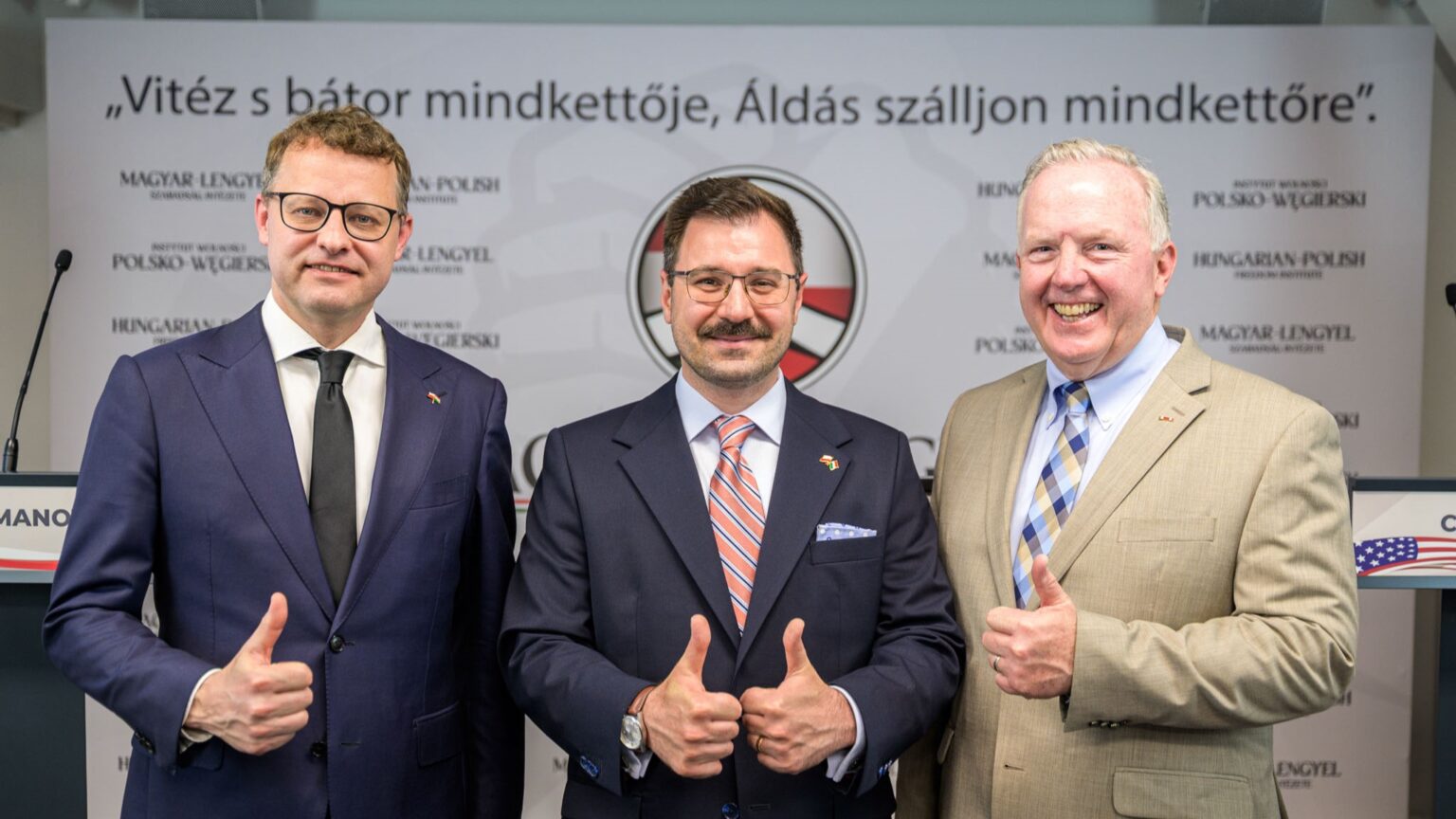
‘Marcin Romanowski is a principled leader, unjustly targeted by the Tusk government’s lawfare tactics. The politically motivated charges and aggressive legal actions against him, including the misuse of state institutions to silence political opposition, threaten the rule of law. Such actions undermine authentic democracy and reverberate negatively across Europe.’
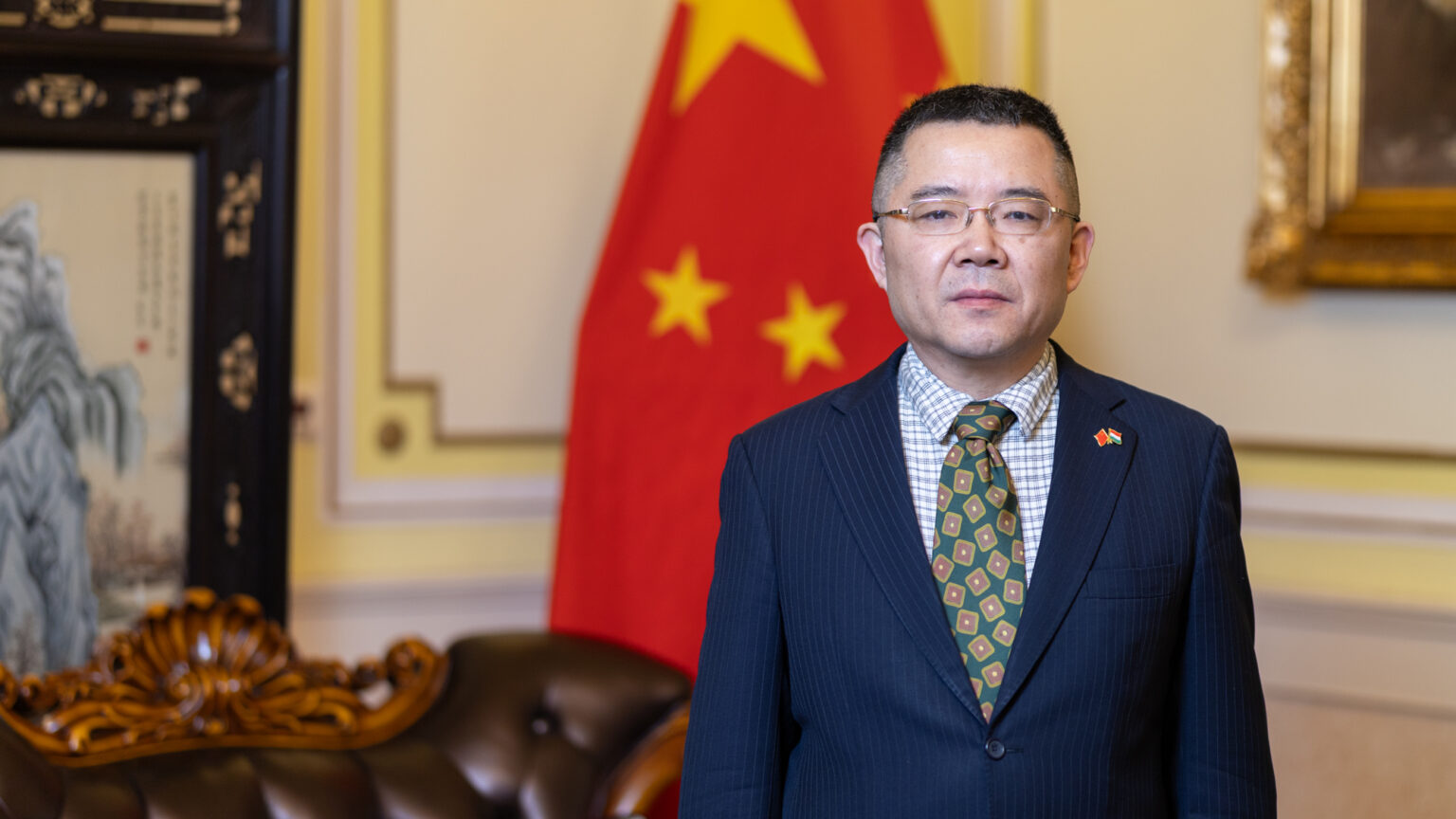
How does China plan to counterbalance the American tariff actions? Where can China find new markets for its products? What are the main goals of the Chinese foreign policy and neighbourhood diplomacy? And how does Hungary’s connectivity policy align with the Chinese strategy? The Hungarian Conservative spoke with the Chinese Ambassador to Hungary, Gong Tao, about the recent trade war.
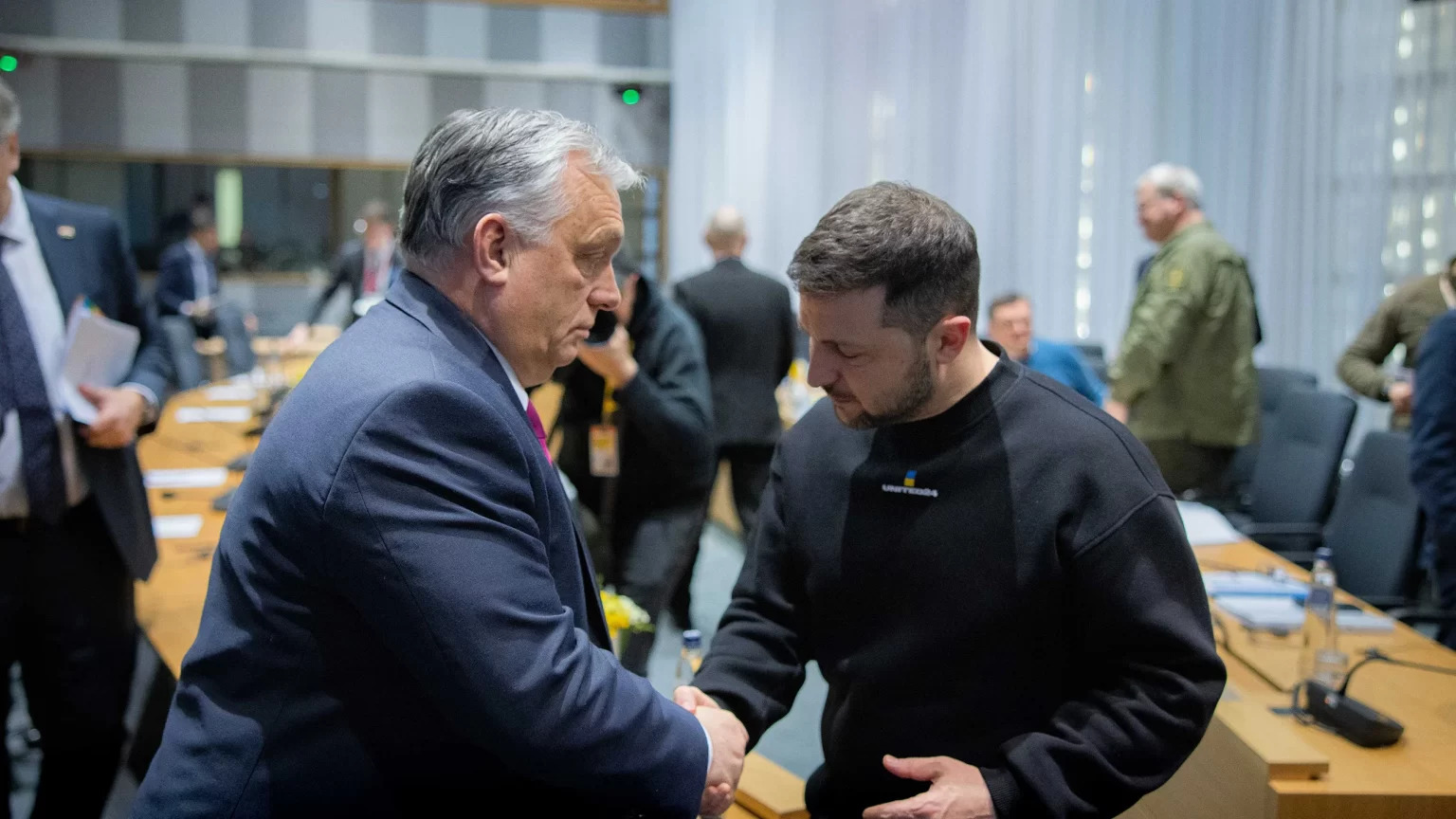
Ukrainian President Volodymyr Zelenskyy claimed that an overwhelming majority of Hungarians—around 70 per cent—support Kyiv’s EU bid, citing an ‘open survey’ conducted by the Hungarian opposition. While this claim is factually incorrect, Zelenskyy also issued a veiled threat to Hungarian Prime Minister Viktor Orbán, warning him not to block Ukraine’s accession or face consequences.

Hungarians are increasingly confident in their current job stability, yet often underestimate the time and effort needed to find new employment if laid off, a new survey by BNP Paribas Cardif and Medián assessing labour market sentiment reveals.
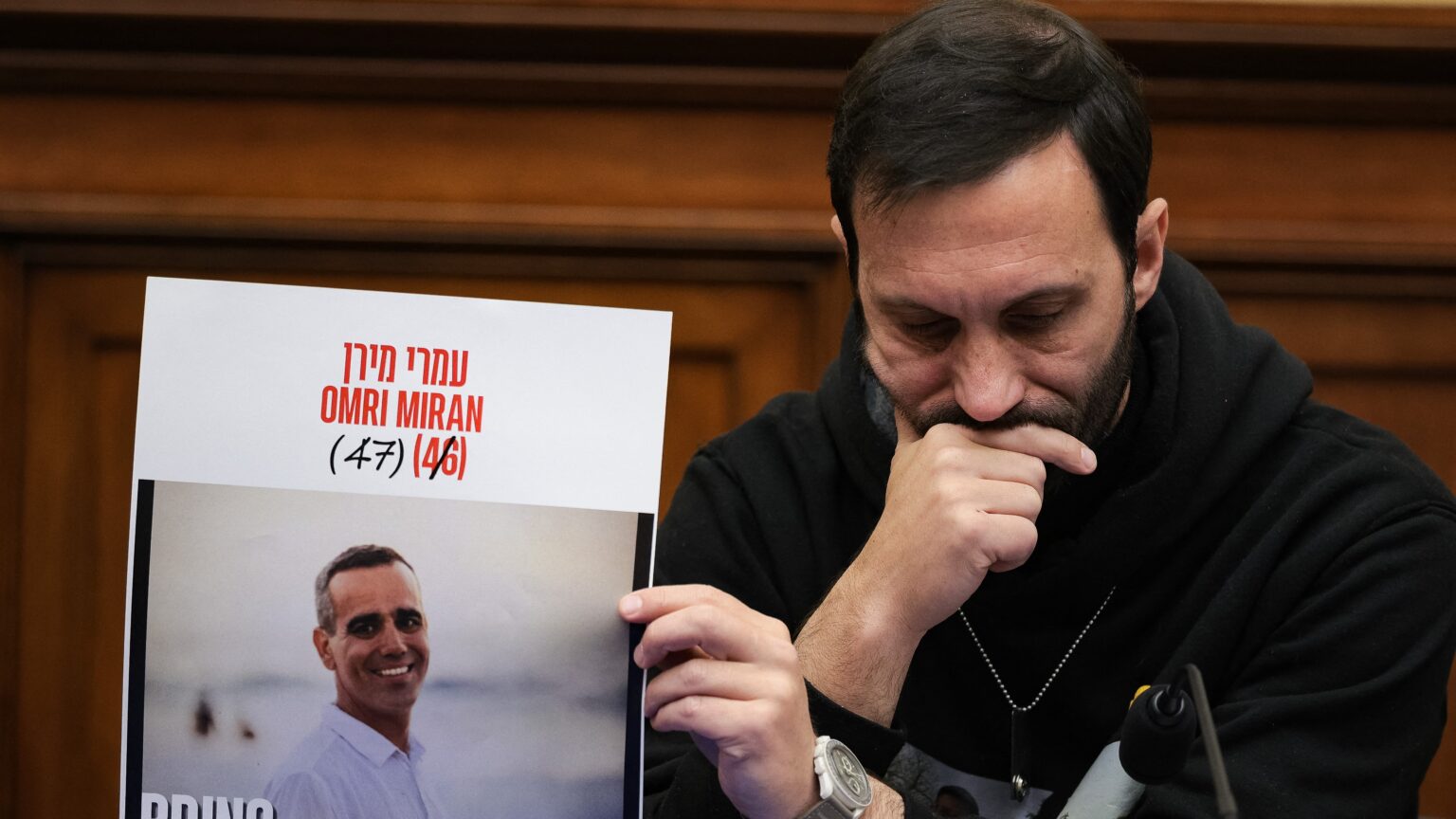
‘Our Omri is strong and will not break, but his heart is broken. A year and a half and 58 hostages are waiting to be brought back…We will continue to fight until Omri returns to us, and especially to his two daughters who are waiting with all their hearts to hold him again.’
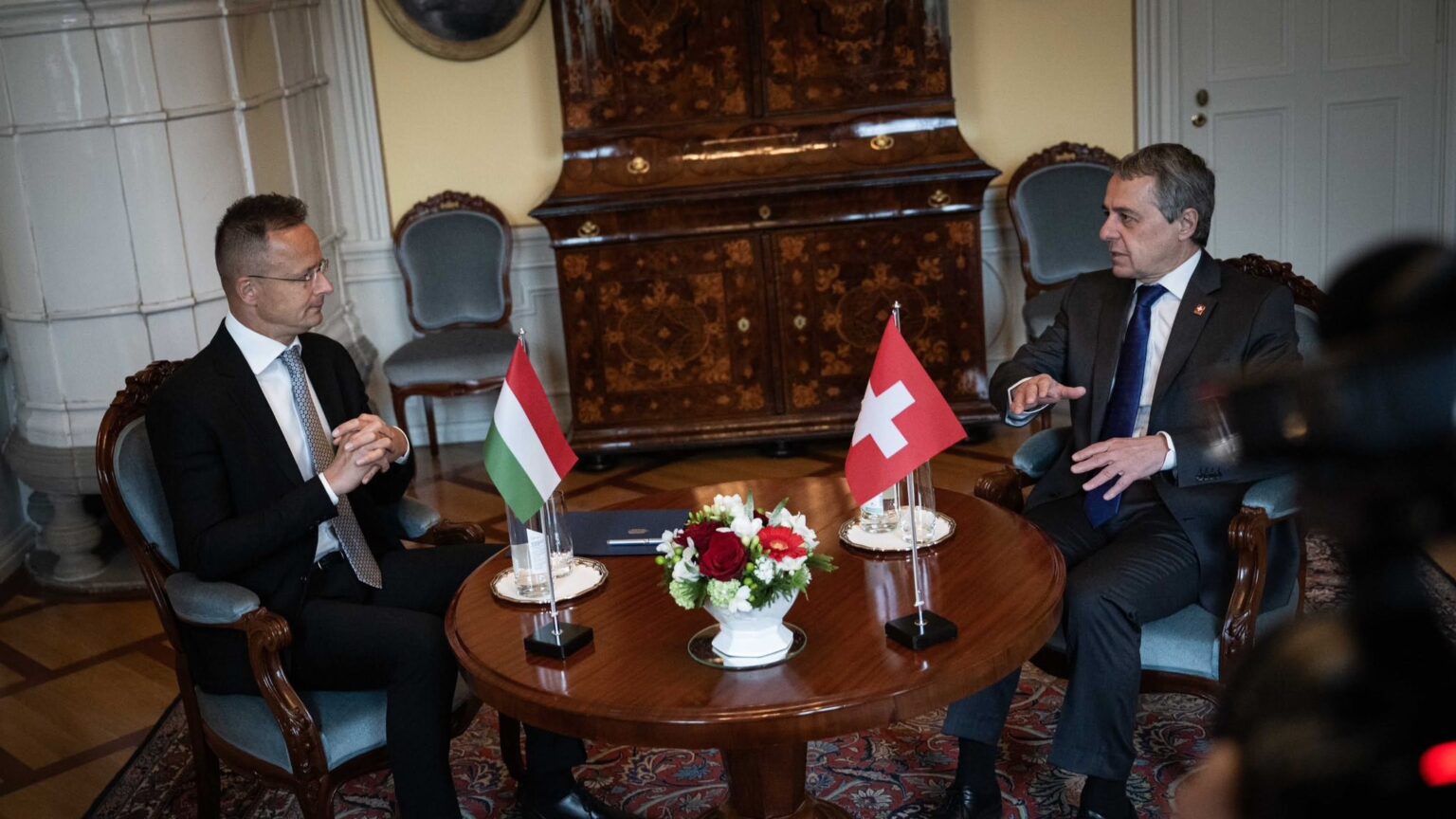
Hungary and Switzerland reaffirmed their commitment to a diplomatic resolution to the war in Ukraine, emphasizing that peace can only be achieved through negotiations involving all parties, Hungarian Foreign Minister Péter Szijjártó said in Bern.
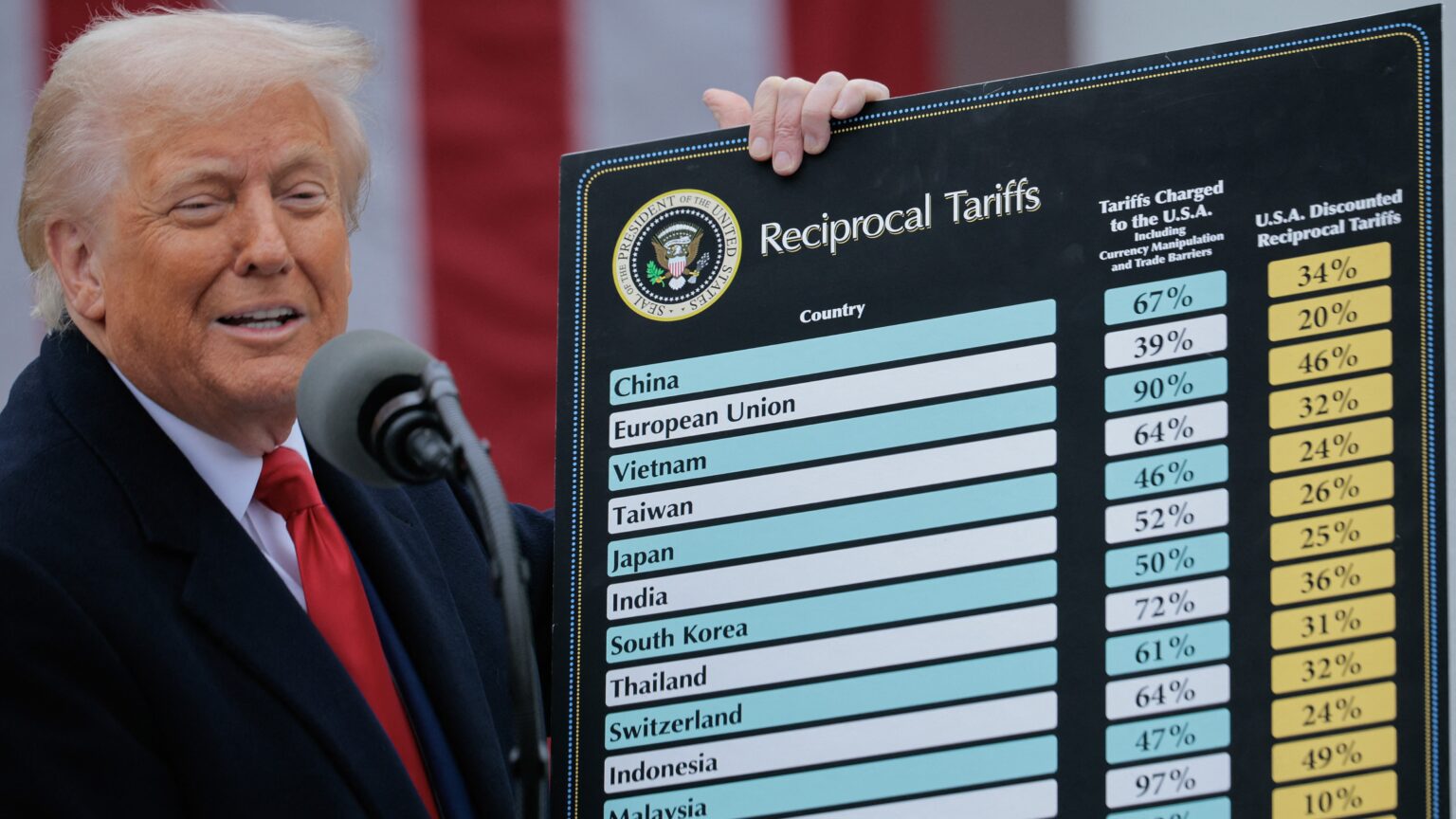
‘What is needed is an investment-led stimulus that promotes Hungarian families, raises the birth rate, and aims at improving the living standards, especially in towns and villages. To achieve all these objectives at once—and, at the same time, to provide the economic boost needed to prevent a recession—, we advocate for an innovative new policy called the “Family Housing Lottery Stimulus”.’

A new international study led by researchers from Constance University and Max Planck Institute, with support from Hungary’s Eötvös Loránd University (ELTE) and MIT, has used virtual reality to decode how fish swim in schools—revealing simple natural rules that may revolutionize robotics.

President Trump sparked backlash after posting an AI-generated image of himself as the Pope, drawing outrage from Catholic leaders and public figures alike. While some defended the move as harmless, it can be seen as part of a broader decline in respect for the papacy and its spiritual authority.

After nearly a decade of mainstream pollsters consistently underpolling President Trump’s national support in the United States, it is fair to ask the question: Does his approval rating even matter anymore? Or is there any better way to asses the success of his second administration?
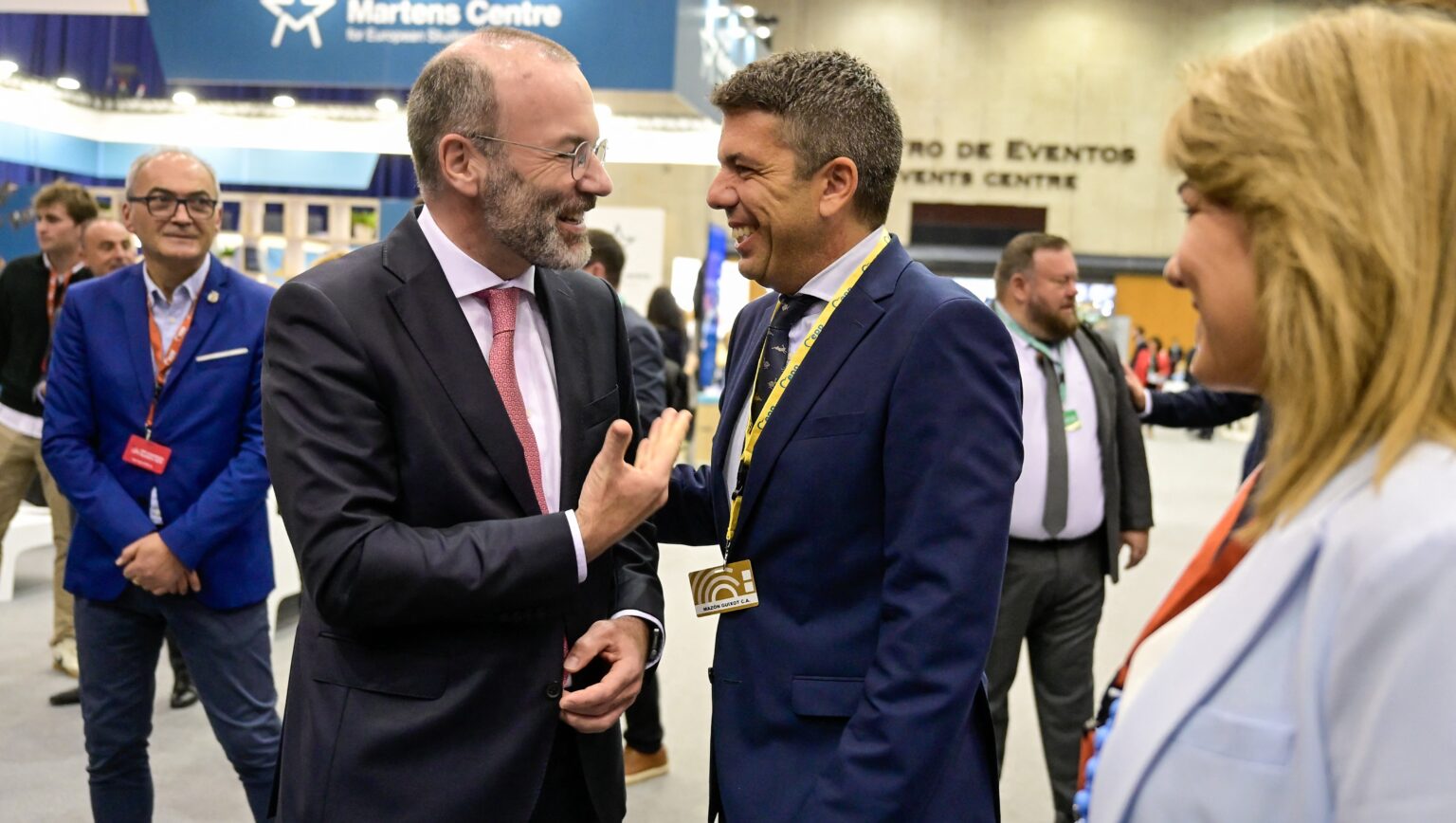
‘The EPP held its Congress last week, in Valencia, Spain. The choice of location soon became a burden to the organizers, however, as locals’ EPP-inflicted wounds are fresh. About half a year ago, the region was hit by a deadly flood that took the lives of 228 people.’

After the Canadian Conservatives faltered in last week’s federal election—amid a campaign dominated in its final months by US President Donald Trump’s tariffs—, Australia witnessed similar electoral dynamics, as the Liberal–National Coalition led by Peter Dutton lost to incumbent Anthony Albanese’s Labour Party in what had long seemed a certain win for the opposition.
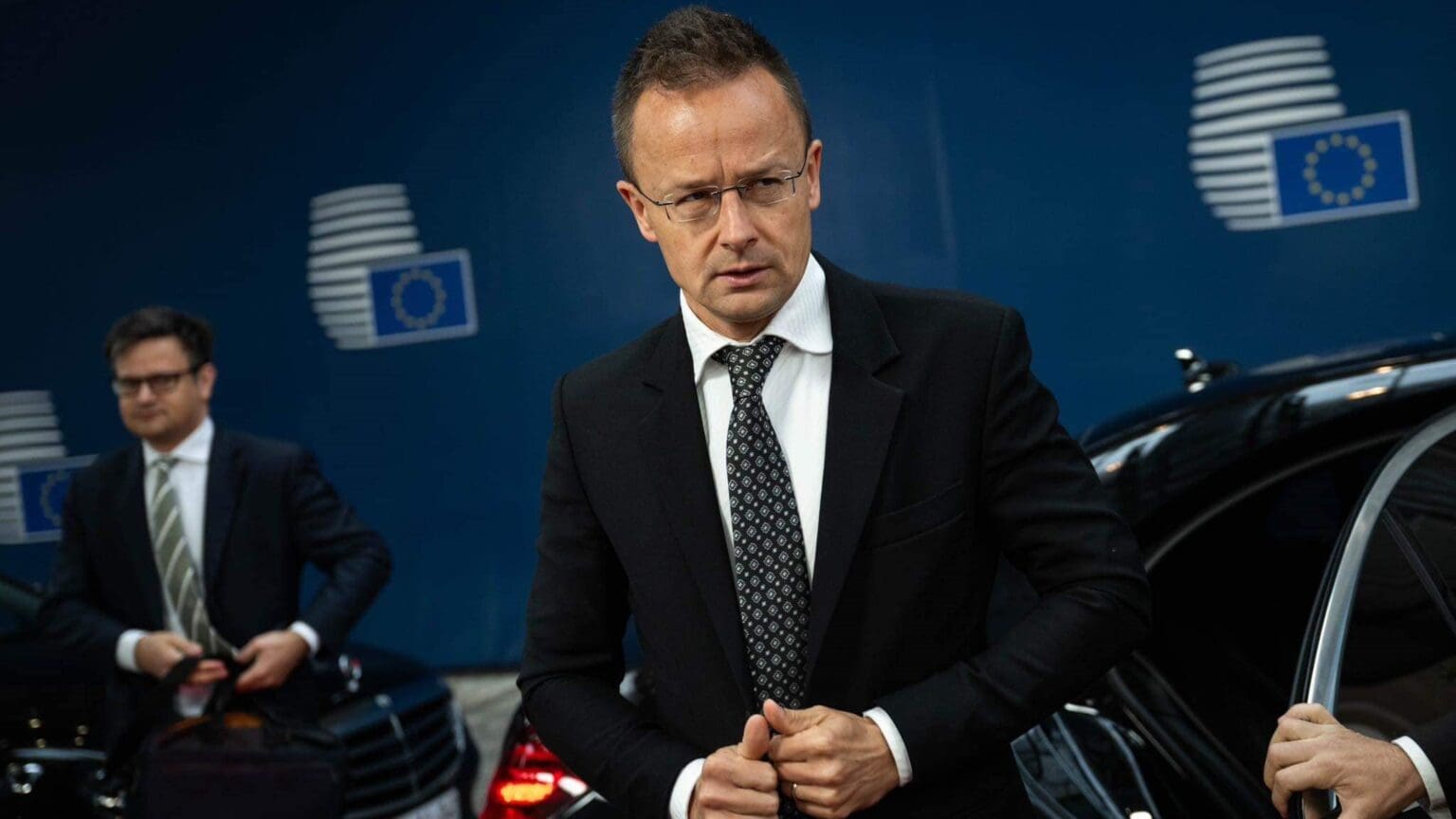
After the terror attack in the disputed Kashmir region last month, Minister of Foreign Affairs and Trade Péter Szijjártó of Hungary wrote in a Facebook post that he had spoken with his Pakistani counterpart Ishaq Dar over the phone; and that Hungary wants to see a de-escalation of tensions in the region.

George Simion, candidate of AUR, won the first round of Romania’s presidential election, finishing ahead of Bucharest Mayor Nicușor Dan. The two will face off in the second round on 18 May, as the country grapples with the most serious democratic crisis in its modern history following the constitutional court’s annulment of the previous presidential results last December on questionable grounds.

Former President János Áder emphasized the importance of showing not only environmental problems but also solutions, as the 10th Planet Lens International Nature Photo and Film Festival prepares to showcase global perspectives on biodiversity and ecological change.
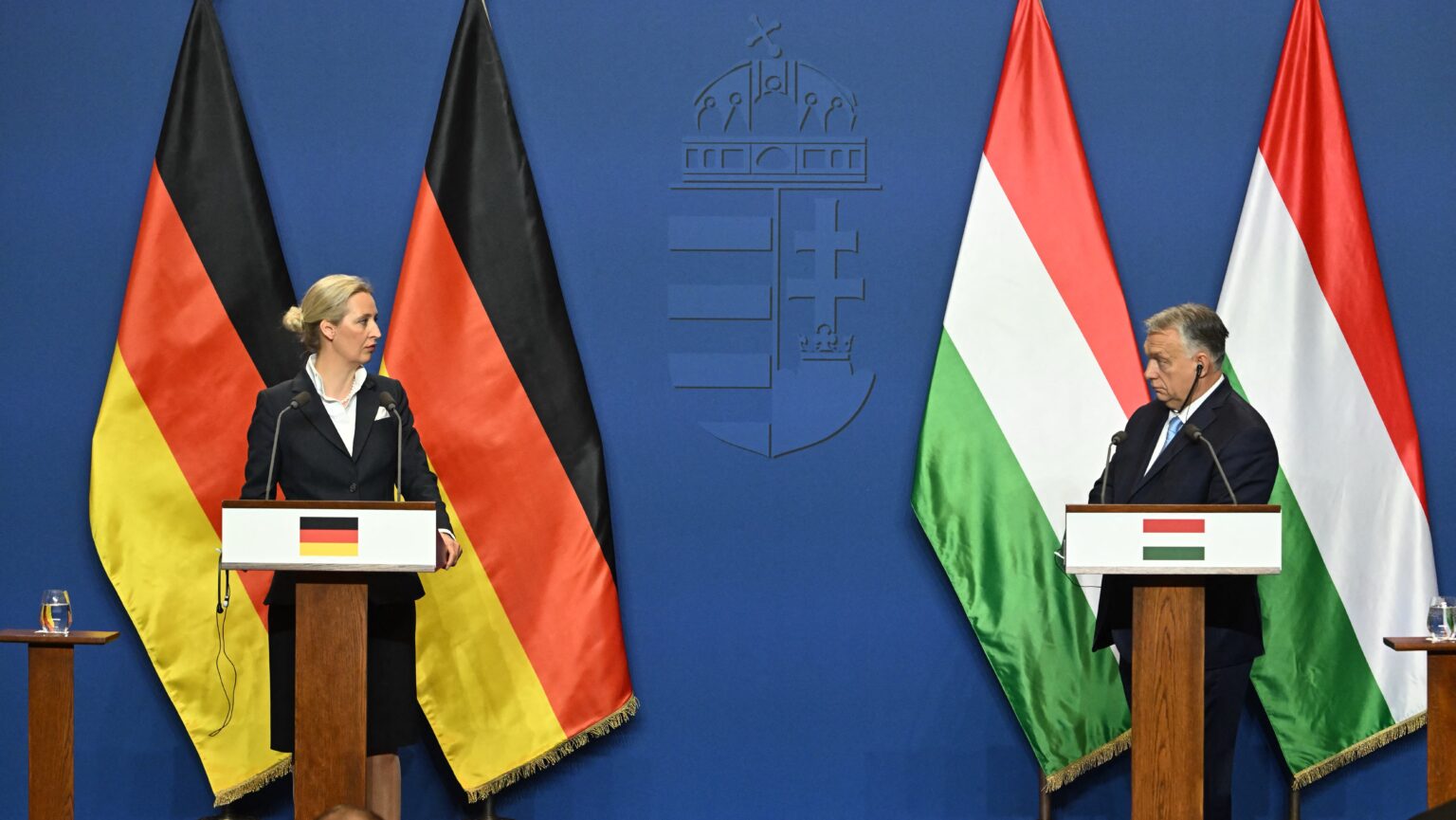
Viktor Orbán, JD Vance, and Marco Rubio were among those who criticized the decision by Germany’s domestic intelligence agency to officially designate Alternative für Deutschland (AfD) as a ‘proven right-wing extremist’ party. The ruling grants the BfV expanded surveillance powers against what is currently the largest party in Germany.
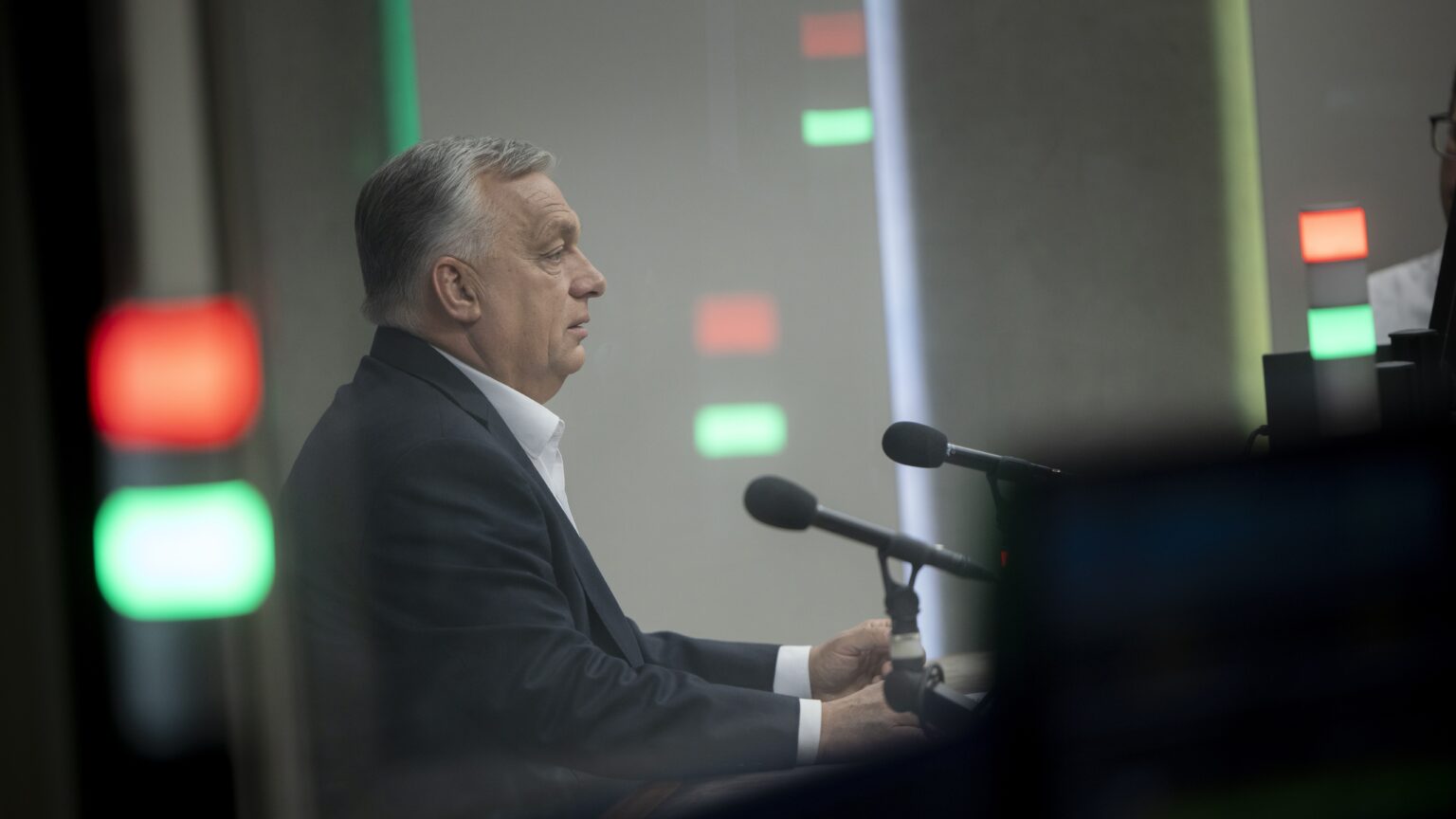
Prime Minister Viktor Orbán warned that Ukraine’s accelerated EU accession would devastate Hungary’s economy. Speaking on Kossuth Radio, he emphasized protecting domestic jobs and economic goals while accusing EU leaders of prioritizing war over peace.